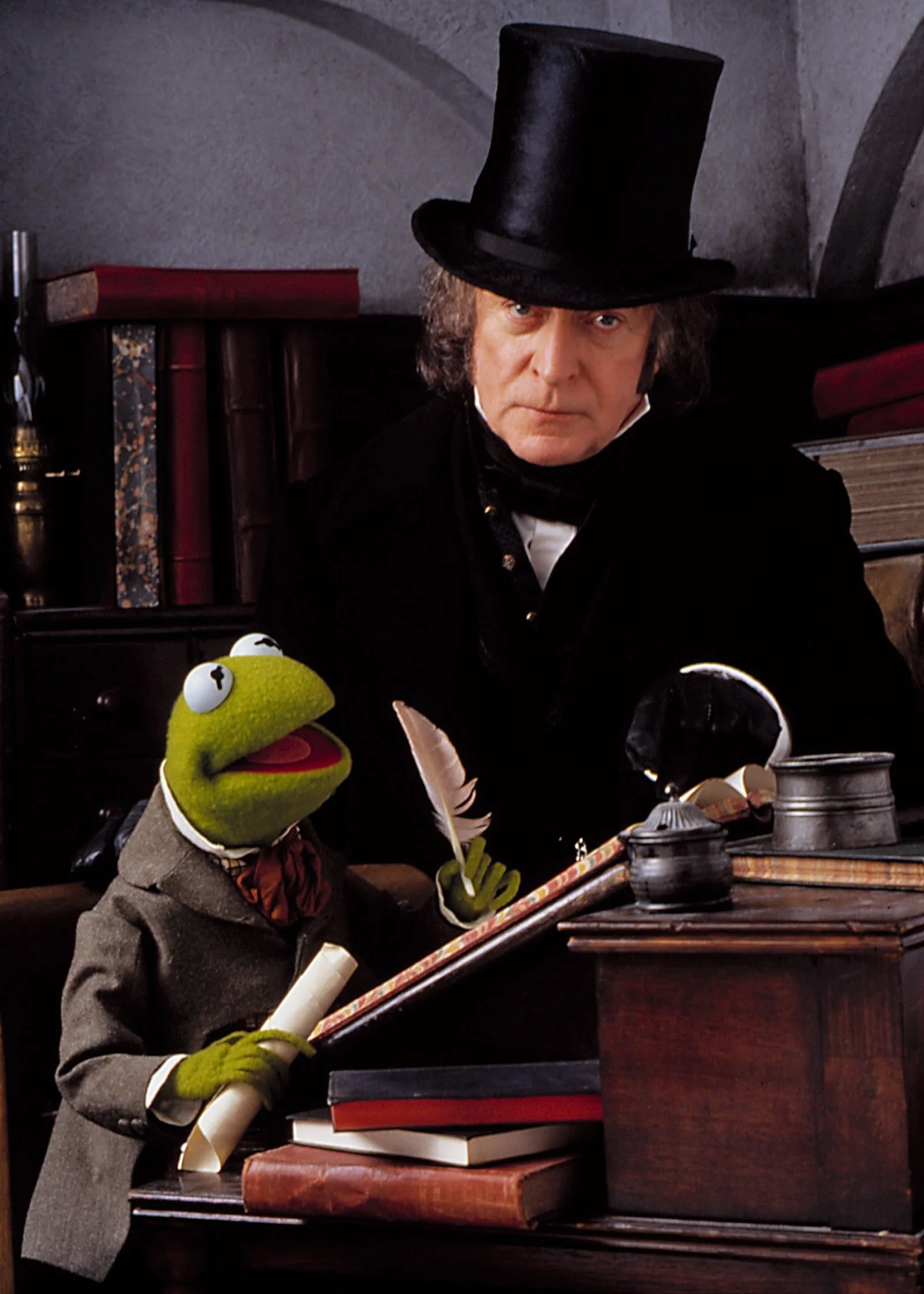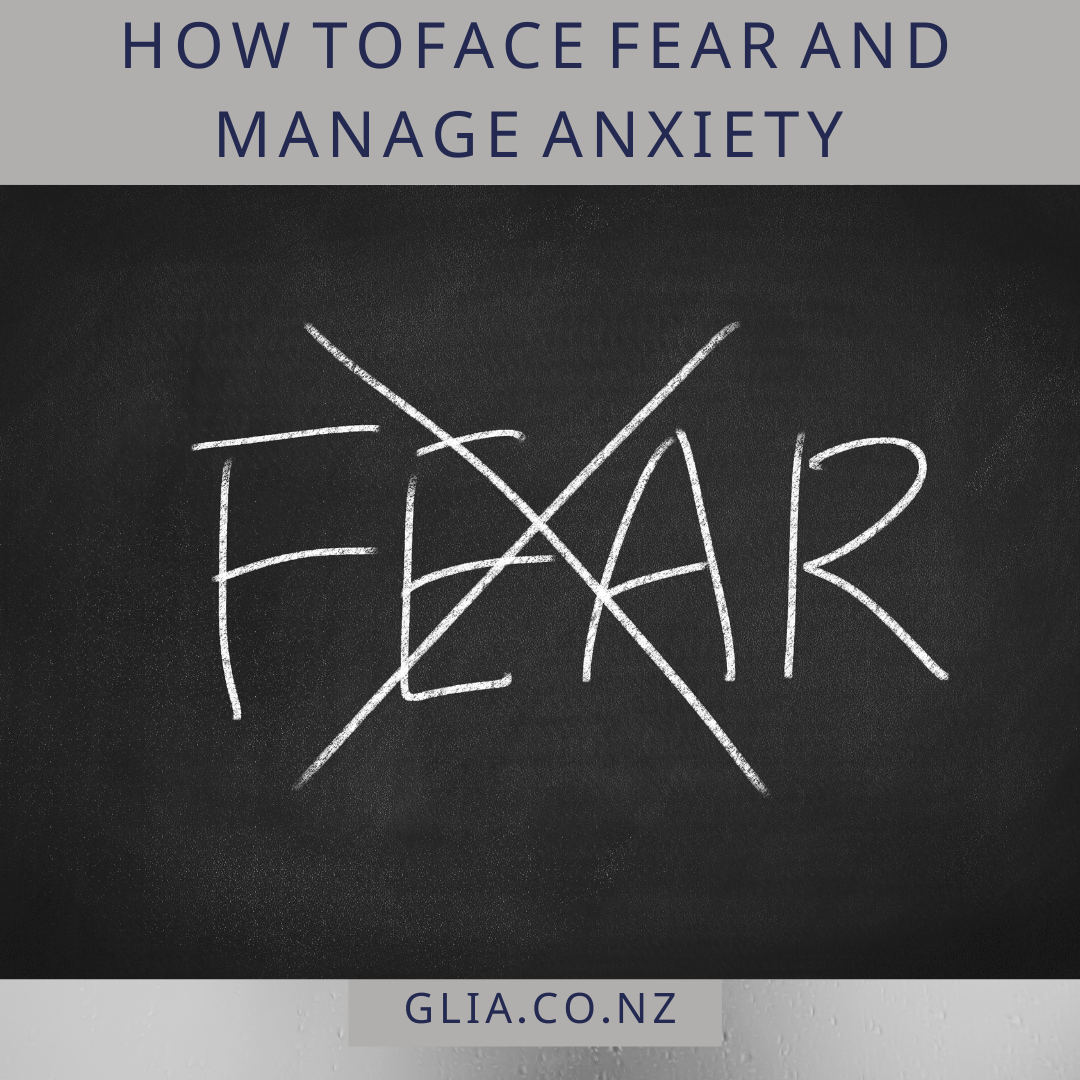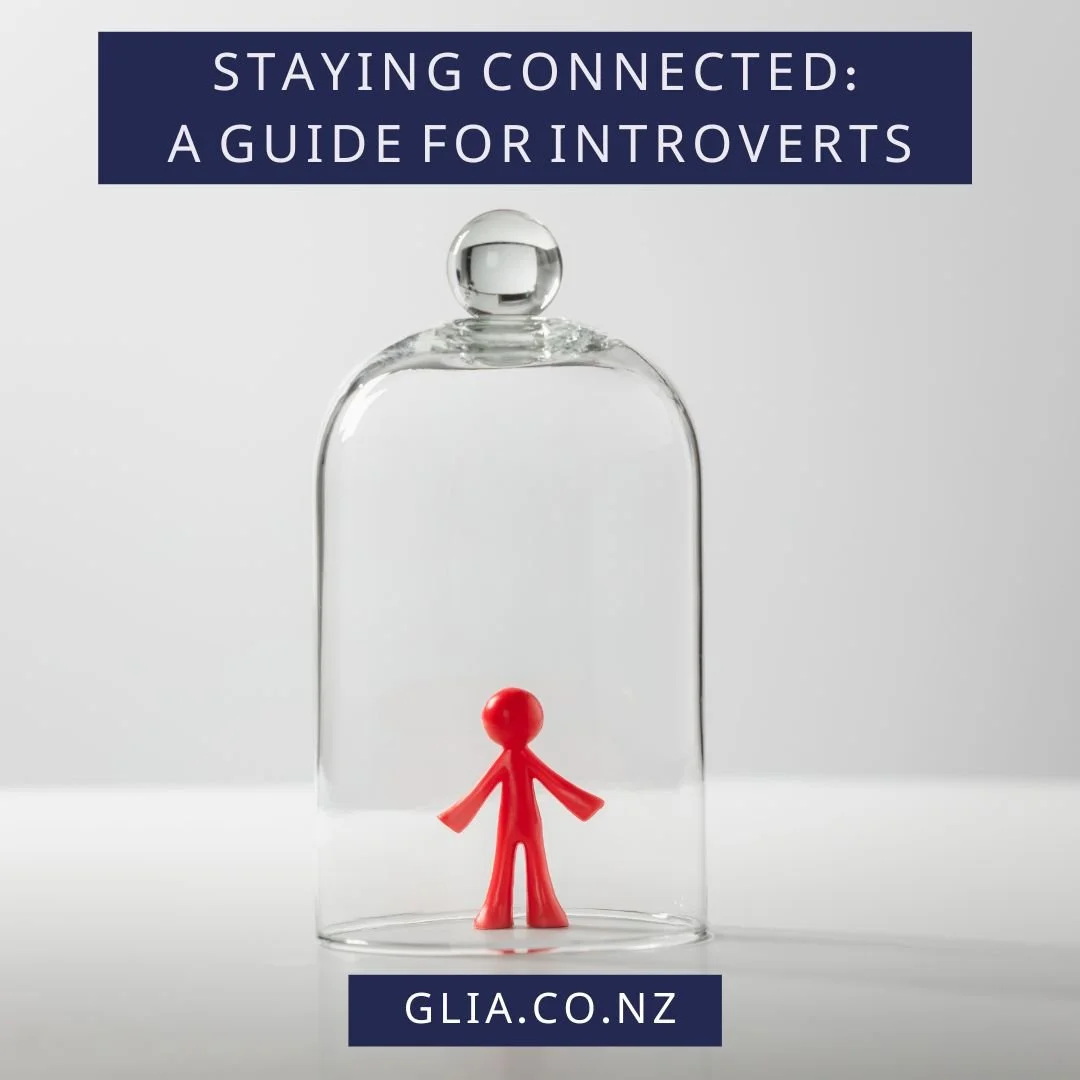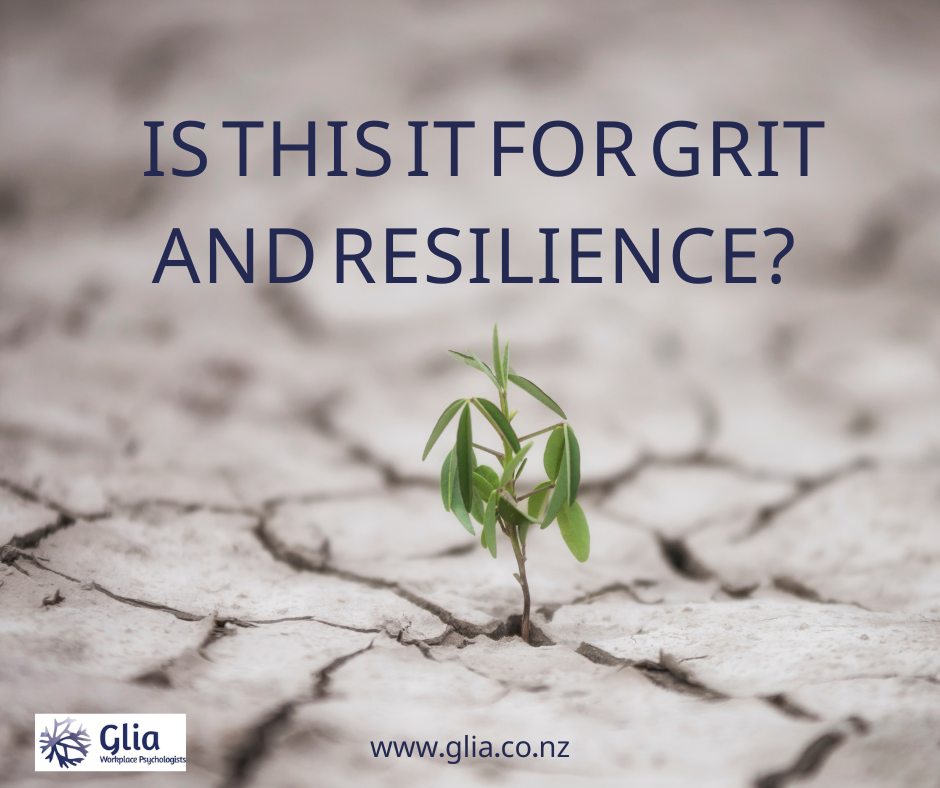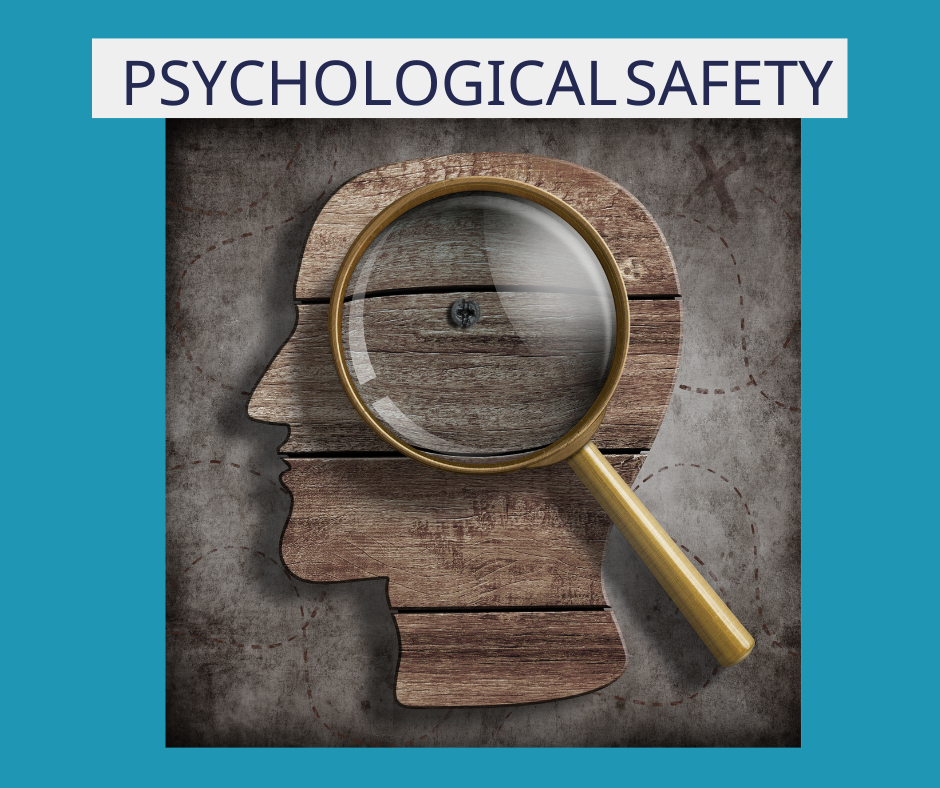Some of the greatest scientific discoveries have come about entirely by accident.
Penicillin was born when Sir Alexander Fleming took a two week holiday and returned to his lab to find that a mould had grown over elements of his research, and that the unexpected mould deterred the growth of bacteria.
It took another 12 years and the work of two chemists, Howard Florey and Ernst Chain to isolate, test and turn the compound that Fleming had discovered into a useable product, and the urgency of the World War 2 effort to stimulate mass production. Penicillin saved many lives and changed the course of medicine globally.
Fleming, Florey and Chain were each awarded the Nobel prize in 1945 in Physiology or Medicine. From their efforts, we have antibiotics, and also a recipe for turning data into a useable, scaleable positive intervention.
How can we apply this to mental health in the workplace by way of Psychosocial Risk Management?







